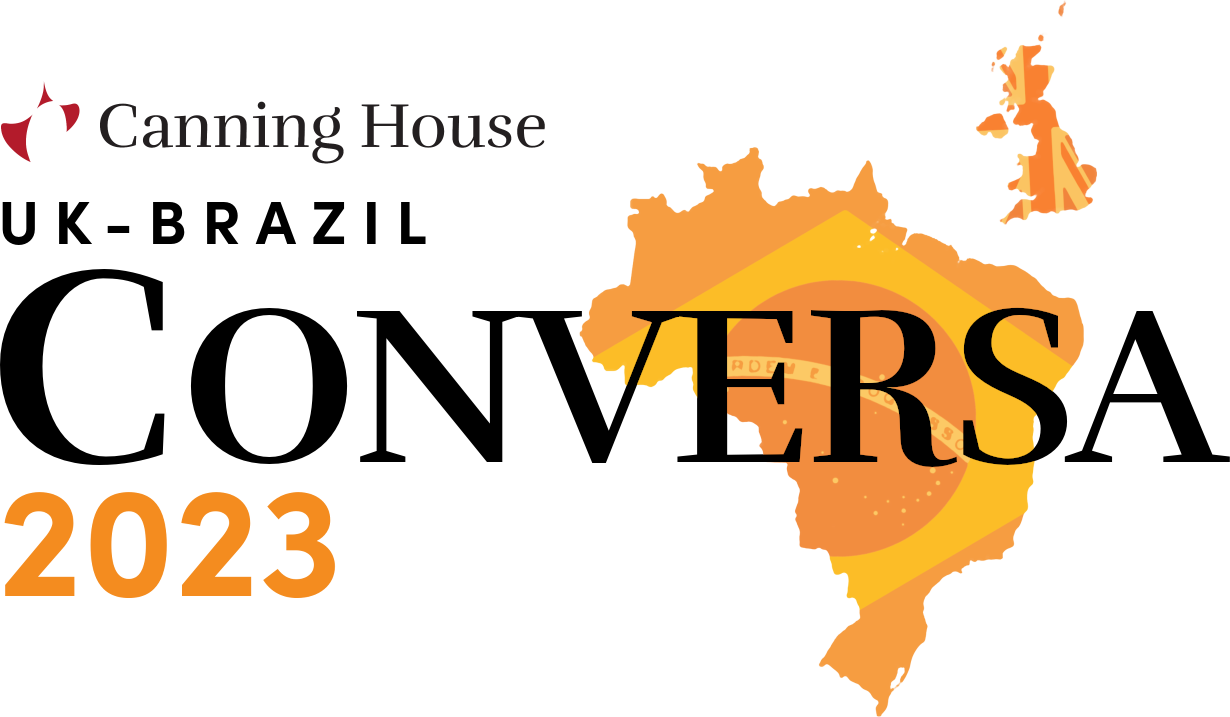Women Transforming Economics in Latin America
- Finton Hanks
On Tuesday 25 March Canning House hosted Marcela Chapa and Manuel Maldonado to discuss the ongoing work of the Strategic Economics Alliance (SEA), which is part of UCL’s Institute for Innovation and Public Purpose.
